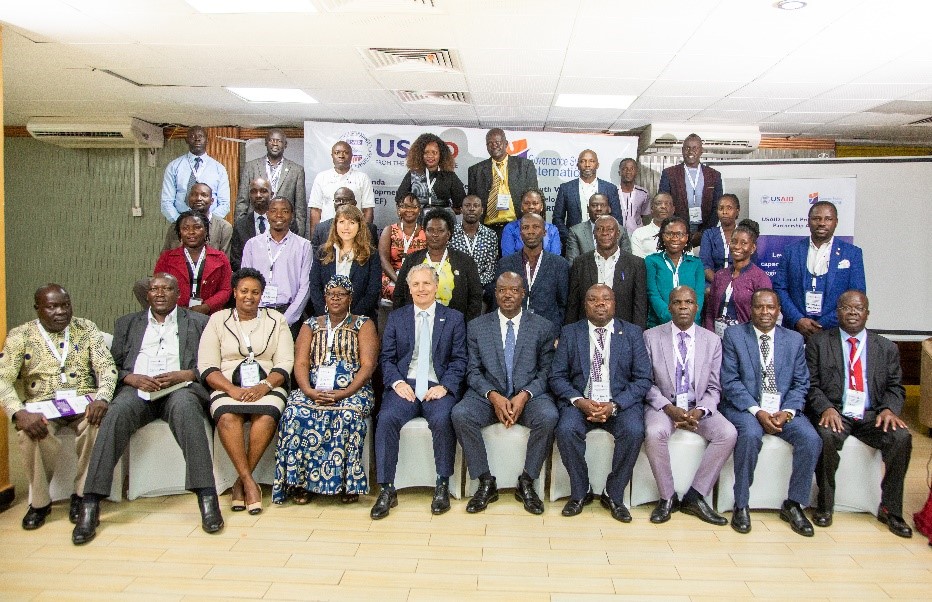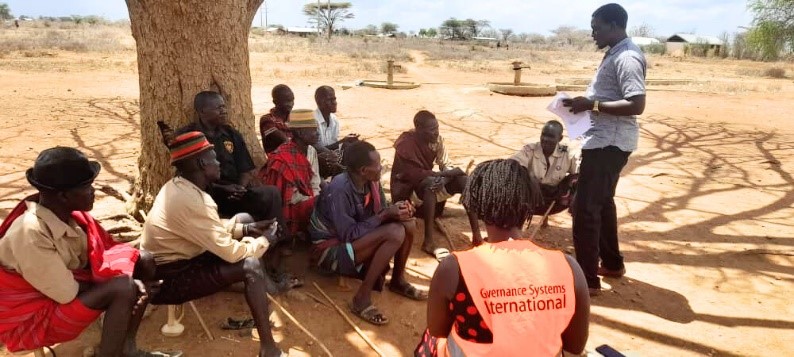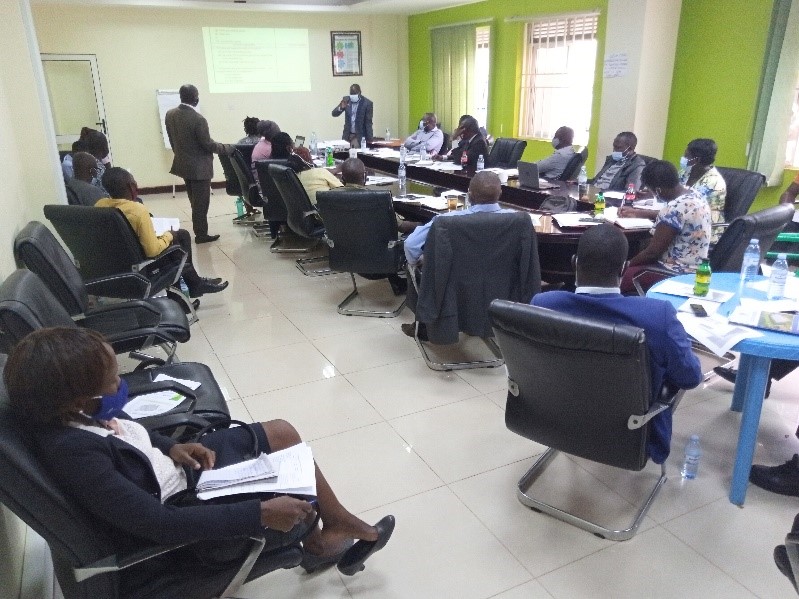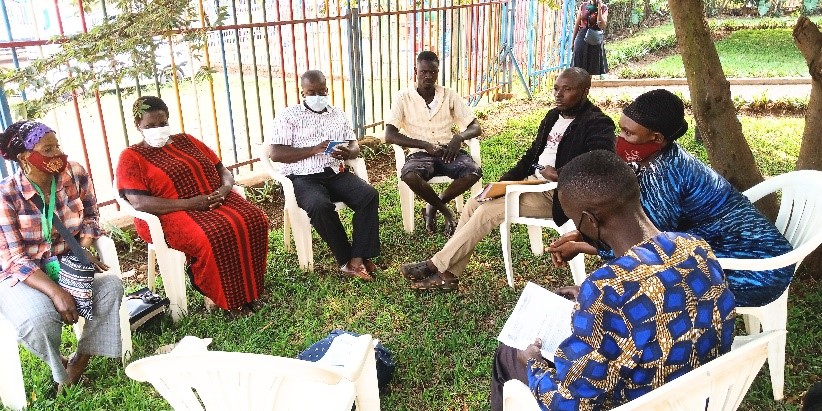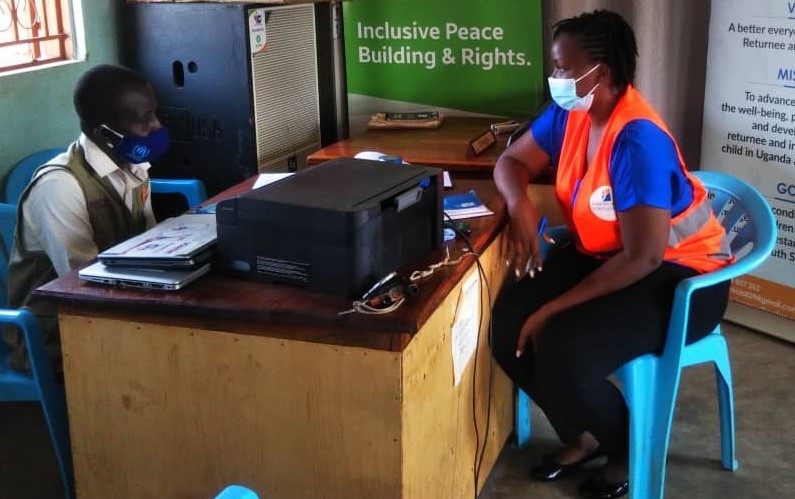
End-Term Evaluation of Oxfam in Uganda’s Inclusive Peacebuilding Programme: Governance Systems International was contracted by Oxfam Uganda to conduct an End-Term Evaluation of Oxfam in Uganda’s Inclusive Peacebuilding Programme. This country program was part of a global Inclusive Peacebuilding program implemented in a total of 8 countries from 2018 to 2021: Burkina Faso, Colombia, Ghana, Niger, Mali, South Sudan, Uganda, and Yemen.
In Uganda, it is being implemented by Oxfam in
collaboration with 12 local partner organisations that include; Youth Social
Advocacy Team (YSAT), Community Empowerment for Creative Innovation (CECI),
Action for People in Need Organisation (APINO), I Can South Sudan, South
Sudanese Refugees Association (SSURA), Save Humanity Africa (SHA), Youth
Empowerment to Act (YETA), Support Trust For Africa Development (STAD),
Community Empowerment for Peace and Development (CEPAD), Lugbara Kari, Uganda
Christian Lawyers Fraternity (UCLF) and Dynamic Action for Peace and
Rehabilitation (DA4PR). The overall objective of the global program was to
promote sustainable peace-building and prevention of violent conflict with a
focus on strengthening the participation of women and youth in conflict
transformation and peace processes. In Uganda, the program was being
implemented in the West Nile region and works towards the following objectives:
·
Increase
the awareness and understanding of existing and potential tensions and conflict
between host and refugee communities and between refugee populations, as well
as of cross-border security dynamics.
·
Provide
recommendations for and support the design and implementation of
conflict-sensitive interventions and programming in the refugee response.
·
Promote
exchange and dialogue between political, development, and humanitarian actors,
refugees, and host communities about preventing, mitigating, and addressing
conflict related to the refugee response.
·
Encourage
and promote support for and development of peace-building, reconciliation, and
mediation initiatives to address conflict dynamics.
